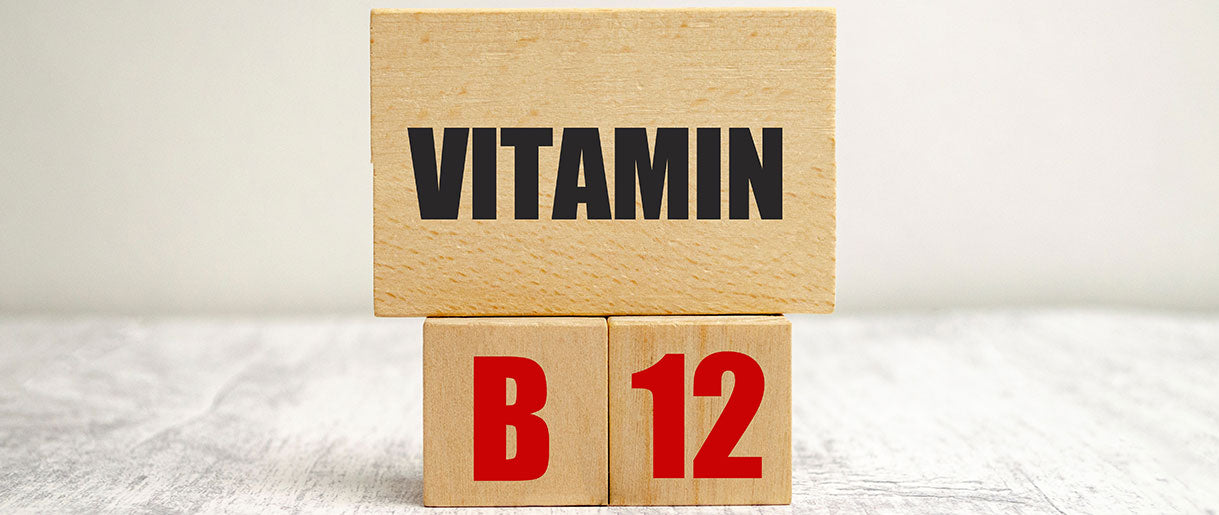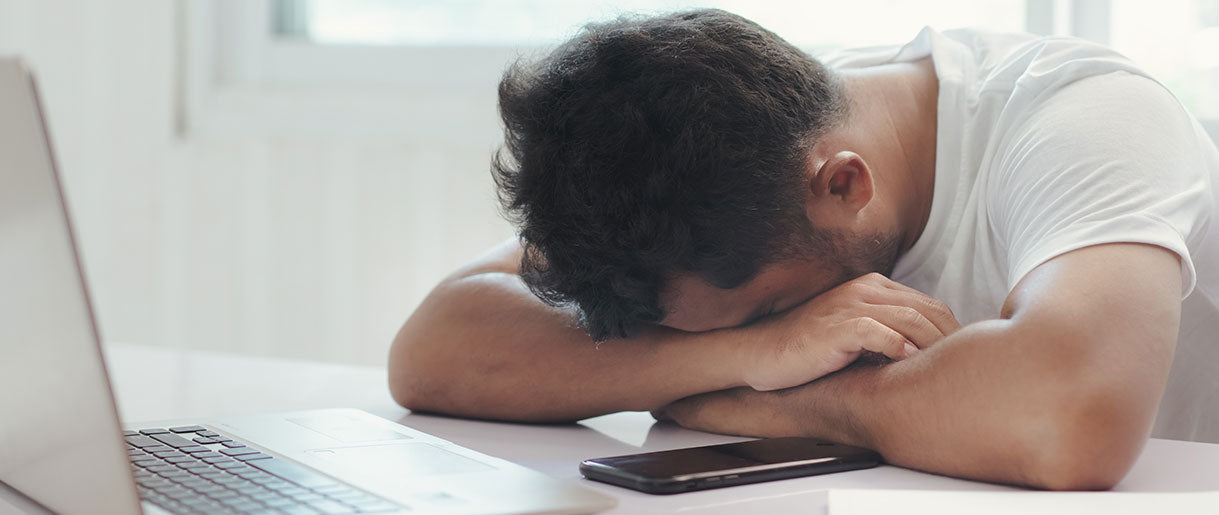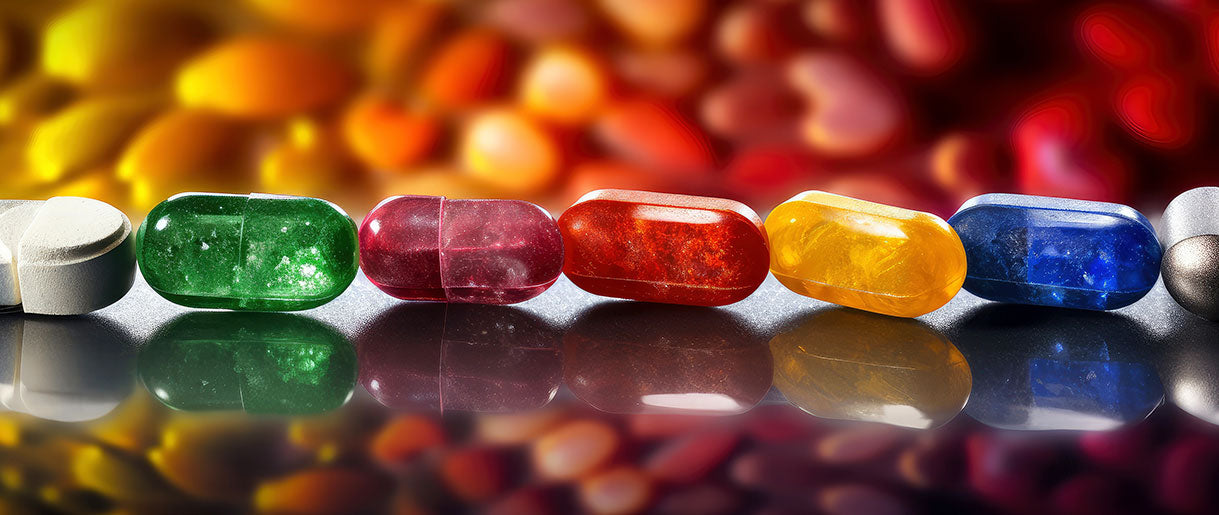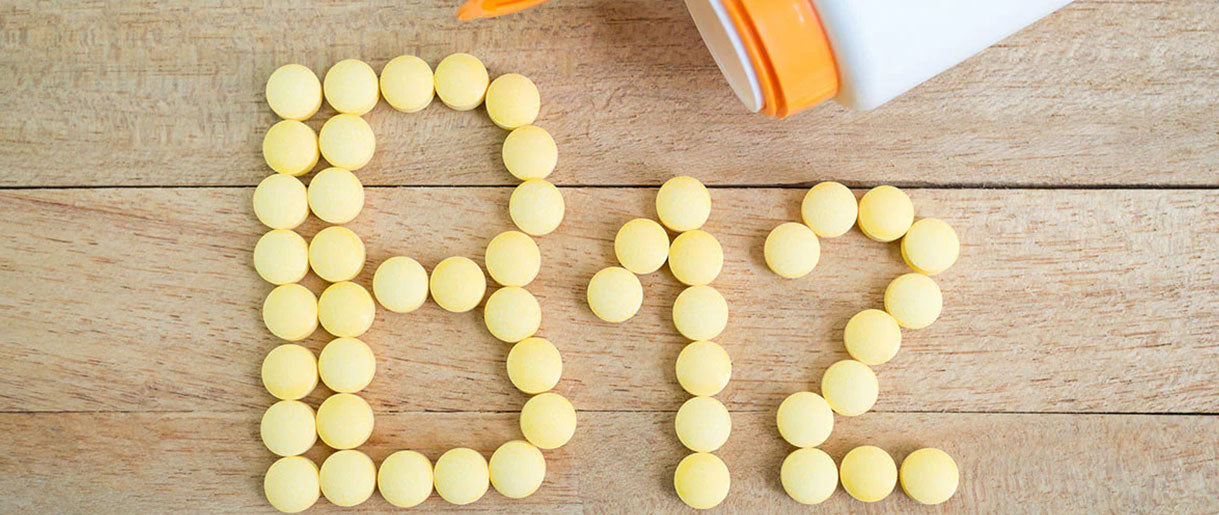Does vitamin B12 really give you an energy boost? It's a question that echoes in the minds of many seeking a natural way to enhance their vitality.
The short answer is, yes, but there's more to it than meets the eye. Vitamin B12 plays a crucial role in your body's energy production by aiding in the conversion of food into cellular energy. However, this doesn't mean it's an instant energy booster for everyone. It's most effective in people who have a B12 deficiency, and its impact can vary from person to person.
Vitamin B12, an essential nutrient in foods like meat, dairy, and fortified cereals, is essential for red blood cell formation, nerve function, and DNA synthesis. It's like a behind-the-scenes hero in your body's energy production process.
For those who are deficient in B12, supplements can make a significant difference, helping to reduce fatigue and improve overall energy levels. But for those with adequate levels of this vitamin, taking extra B12 might not turbocharge your energy as you might expect.
This article will explore the intricate relationship between vitamin B12 and energy. We'll delve into how it works in the body, who truly benefits from B12 supplements, and how to identify if you're B12 deficient.
Understanding Vitamin B12

Imagine a tiny, yet mighty nutrient playing a critical role in keeping your body's gears running smoothly. That's Vitamin B12 for you!
A water-soluble vitamin, B12 is essential for maintaining healthy red blood cells, which are pivotal in carrying oxygen throughout your body. But it doesn't stop there; B12 is a key player in your body's energy production and overall well-being (1).
Now, you might be thinking, "Okay, but why is this important?"
Well, without enough B12, your body struggles to produce red blood cells that function properly. This can lead to a feeling of being tired and low on energy. It's like trying to drive a car without enough fuel.
Plus, B12 and other B vitamins play a vital role in your body's ability to convert food into energy (2). Simply put, it helps keep the energy factory in your body running efficiently.
Now that you know the importance of vitamin B in the body, the next question will probably be about the best sources of Vitamin B12—don't worry, we've got your back:
Rich in Animal Products:
- Meat: Beef, liver, and chicken are not just protein-packed; they're also loaded with B12.
- Seafood: Fish like salmon and tuna are fantastic sources. Shellfish, especially clams and crabs, are B12 goldmines.
- Dairy: Milk, cheese, and yogurt aren't just about calcium; they also provide a good dose of B12.
Fortified Foods for Plant-Based Diets:
- Cereals: Many breakfast cereals are fortified with B12, offering a quick and easy plant-based source. They make adding vitamin B12 to your morning routine for energy easy.
- Plant Milks: Almond, soy, and rice milks are often fortified with B12, perfect for those on a vegan or vegetarian diet and lactose-intolerant individuals.
- Nutritional Yeast: A vegan favorite, this cheesy-flavored seasoning is a great way to sprinkle some B12 into your diet.
Supplements – A Reliable Backup:
- Tablets and Capsules: Ideal for those with dietary restrictions or absorption issues. Available in various dosages.
- Sublingual Forms: These are placed under the tongue for better absorption and are great for those with trouble with pills.
- B12 Injections: Recommended for individuals with severe B12 deficiency or those with difficulty absorbing the vitamin orally.
By incorporating these varied sources of Vitamin B12 into your diet, you can ensure that your body receives this essential nutrient for producing red blood cells and boosting energy. Remember, the key is finding the right balance for your lifestyle and dietary preferences.
Vitamin B12 Deficiency and It’s Impact on Energy Levels

B12 deficiency is like a stealthy energy thief, often sneaking up unnoticed but with significant impacts. It's not just about feeling tired; it can affect your overall well-being. Understanding its symptoms, who's at risk, and how it's diagnosed is critical to keeping your energy levels up and your body functioning at its best.
Symptoms of B12 Deficiency:
- Persistent Fatigue: One of the most common symptoms. This isn't just everyday tiredness; it's a profound lack of energy that doesn't improve with rest.
- Muscle Weakness: Notable decrease in muscle strength, making everyday activities feel more strenuous.
- Shortness of Breath and Dizziness: Often related to anemia caused by B12 deficiency, leading to reduced oxygen flow to organs, making you feel breathless and dizzy, especially during physical exertion.
- Mood Disturbances: Deficiency can impact mood, leading to feelings of depression or irritability, which in turn can affect overall energy levels and motivation.
- Heart Palpitations: Unusual or noticeable heartbeats can be disconcerting and add to a sense of feeling unwell or low on energy.
Who's at Risk?
- Dietary Choices: Those on vegetarian or vegan diets often face a higher risk due to limited B12 sources.
- Absorption Issues: People with conditions like Crohn's disease or lacking intrinsic factor in their digestive system.
- Age Factor: Older adults are more prone to being clinically deficient due to changes in their digestive system.
B12 deficiency can stealthily undermine your energy levels, affecting your nervous system, muscle tissue, and mood. It's particularly prevalent among those on vegan or vegetarian diets, older adults, and individuals with certain health conditions. But fear not; the proper intervention—dietary changes or supplements—can get you back on track.
B12 Supplements and Energy: Who Benefits Most?

Diving into the world of B12 supplements is like opening the door to a new energy realm—that secret door shows you how to get energy in the morning.
But it's not a one-size-fits-all solution—while vitamin B12 can help you wake up with energy, it does not always work for everyone. Let's break down who benefits from these supplements, their impact on energy levels, and bust some common myths about B12 as a universal energy booster.
Who Really Benefits from B12 Supplements?
- Deficiency Matters: The real winners are those with a diagnosed B12 deficiency. They'll feel a noticeable uptick in energy.
- Dietary Lifestyles: Individuals on a vegetarian or vegan diet often find supplements crucial since B12 is scarce in plant-based foods.
- Absorption Challenges: Those with reduced stomach acid or conditions affecting B12 absorption can greatly benefit from supplements.
Impact on Energy Levels in the Deficient
- Reviving Oxygen Transport: B12 supplements help form red blood cells, which carry oxygen—the key to feeling energized.
- Nerve and Muscle Function: Improved B12 levels support the health of nerve cells and muscle tissue, contributing to overall vitality.
Busting the Universal Energy Booster Myth
- Not an Energy Drink: B12 supplements aren't akin to energy drinks. They don't provide an instant energy surge.
- Role Beyond Energy: Remember, B12 is one of the eight B vitamins and plays roles beyond boosting energy.
- Balance and Moderation: Excess amounts won't supercharge energy levels, especially if you're not deficient.
B12 supplements can be game-changers for those genuinely in need—particularly people with a B12 deficiency, those on vegan or vegetarian diets, and individuals with absorption issues.
For them, B12 can help bring back that zestful energy. But it's important to remember that B12 isn't a magic potion for boundless energy. It's about balance and addressing specific needs, not just adding an extra dose to your daily routine.
FAQs About Does B12 Give You Energy
How Much B12 Should I Take To Increase Energy?
The recommended daily amount of Vitamin B12 for adults to maintain energy levels is 2.4 micrograms.
However, if you're B12 deficient and looking to increase your energy, your healthcare provider might suggest a higher dose, often between 500 and 1000 micrograms per day in supplement form.
It's essential to consult a healthcare professional before starting any supplementation, as they can provide personalized advice based on your specific needs and health status.
How Long Does It Take To Feel The Effects Of Vitamin B12 Supplements On Energy Levels?
The time it takes to feel the effects of Vitamin B12 supplements on energy levels can vary. For those with a B12 deficiency, noticeable improvements in energy levels may be observed within a few days to a week of consistent supplementation.
However, it can sometimes take several weeks to experience the full benefits. This timeline can differ based on the extent of the deficiency and individual absorption rates.
Is It Better To Take Vitamin B12 Every Day Or Once A Week?
It's generally recommended to take Vitamin B12 daily, especially in small doses, to maintain consistent levels in your body. However, some people might use higher-dose supplements once a week, particularly if they have a significant deficiency or absorption issues.
The best regimen depends on individual needs, dietary habits, and medical advice. Always consult a healthcare professional to determine your situation's most effective and safe schedule.
Key Takeaways
There you have it—a whirlwind tour through the energizing world of Vitamin B12. We've covered everything from understanding what B12 is and where to find it, to unraveling the mysteries of B12 deficiency and the real deal with supplements.
Remember, B12 isn't just about giving you an energy shot; it's a vital player in your overall health, particularly in keeping your nerve cells happy and your red blood cells thriving.
But the journey doesn't end here. Whether contemplating supplements, adjusting your diet, or just curious about this B vitamin, the key is to focus on what your body needs. Your body deserves the best fuel and care, like a finely tuned engine. Chatting with a healthcare provider can set you on the right path if you're ever in doubt.
Now, it's over to you! Have you experienced the wonders of B12 in boosting your energy, or are you just starting to explore its potential?
Drop a comment below and share your story or any burning questions you might have. Let's keep the conversation going and learn from each other's experiences.
References
- Vitamin B12 in Health and Disease, (1), https://www.ncbi.nlm.nih.gov/pmc/articles/PMC3257642/
- Vitamins and Minerals for Energy, Fatigue and Cognition: A Narrative Review of the Biochemical and Clinical Evidence, (2), https://www.ncbi.nlm.nih.gov/pmc/articles/PMC7019700/










Let Us Know Your Comments